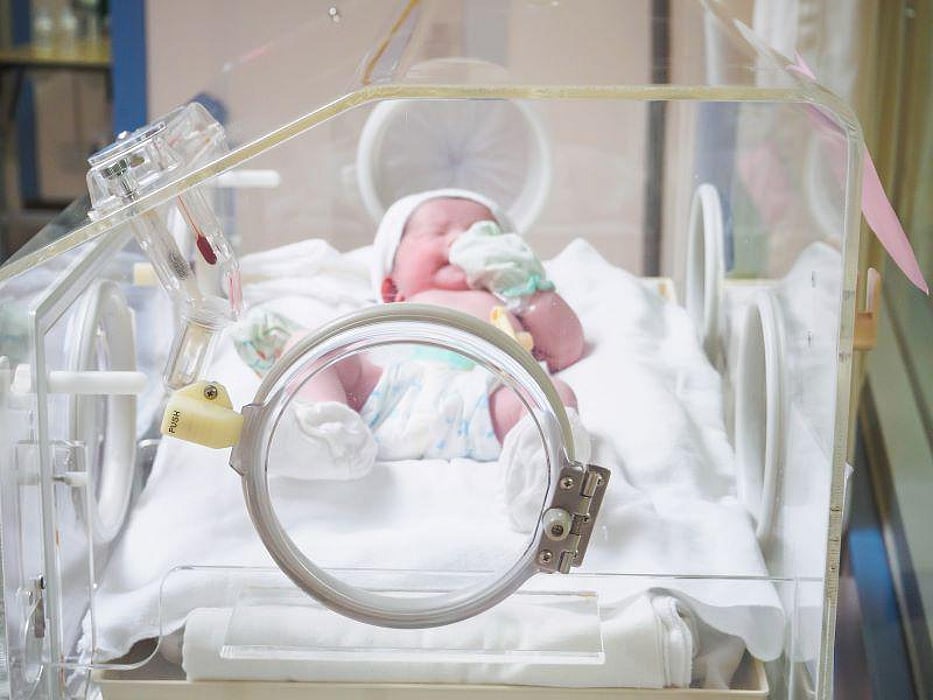Future of ‘Artificial Wombs’ for Human Preemies to Be Weighed by FDA Advisers

TUESDAY, Sept. 19, 2023 (HealthDay News) -- Advisers to the U.S. Food and Drug Administration will weigh the possibilities and parameters of experiments with artificial wombs for premature human babies. Scientists have already had some success with the concept in animals.
During a two-day meeting that ends Wednesday, the Pediatric Advisory Committee will cover regulations and ethics around creating an artificial womb that would help very premature humans to survive, with time to continue to develop their lungs, gastrointestinal system, and brain. The advisers will also consider what clinical trials for this would look like. The purpose of an artificial womb would be to help the fraction of babies born before 28 weeks of gestation, which is less than 1 percent of infants. It could not be used from conception to birth, CNN reported.
The two-day hearing will be open to the public on the first day but closed the second day while proprietary information is shared, CNN reported. The advisers will consider what data are needed to show a successful trial in both animals and humans. It will consider what ethical issues it needs to work through.
Scientists experimenting with artificial wombs for animals include those at the Children's Hospital of Philadelphia. In 2017, that group kept a developing lamb alive for 28 days in a sterilized bag filled with fluid. During that time, the lamb received amniotic fluid, medicine, and oxygen through tubes connected to umbilical cord tissue and had positive growth in its lung, gastrointestinal tract, and brain development. Those same scientists would like to test the device, called the Extra-uterine Environment for Newborn Development (EXTEND) in humans, CNN reported.
Other trials have taken place at the University of Michigan and in Japan, Australia, and Canada. The scientists in Michigan tested an artificial placenta in which a lamb survived 16 days with positive development before transitioning to mechanical ventilation, CNN reported. The trial in Japan and Australia involved incubating a lamb for a week. In Toronto, researchers used an artificial placenta with fetal pigs, which have a similar umbilical cord as humans. That trial saw issues with blood circulation and the heart.
Among the issues for the committee to discuss are what viability means, what extra safeguards are needed in a trial involving infants, and how to fairly assess the new technology and whether it is an advance over standard neonatal intensive care unit care, CNN reported.
Related Posts
Long-Term PM₂.₅ Exposure Linked to Increased Risk for Cardiovascular Events
MONDAY, March 13, 2023 (HealthDay News) -- Long-term exposure to fine...
American Academy of Allergy, Asthma & Immunology, Feb. 25 to 28
The annual meeting of the American Academy of Allergy, Asthma & Immunology...
New Study Estimates Bleeding Rates in Children After Tonsillectomy
MONDAY, April 3, 2023 (HealthDay News) -- Just over 2 percent of children...
How to Stop Smoking Weed
Cannabis dispensaries are cropping up nationwide now that marijuana is legal for...
